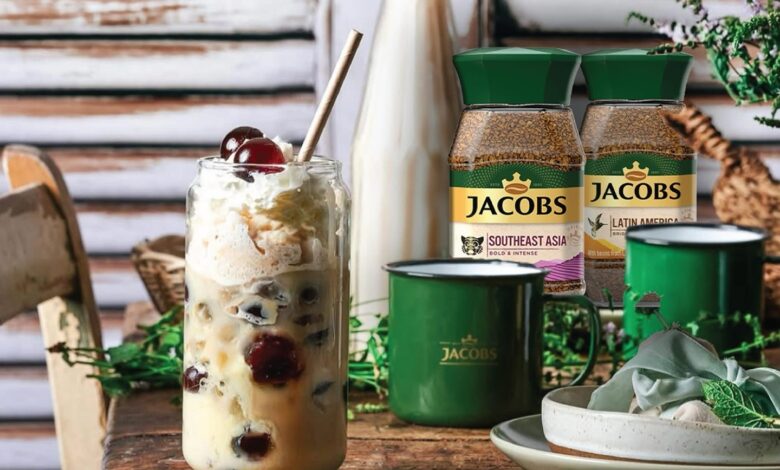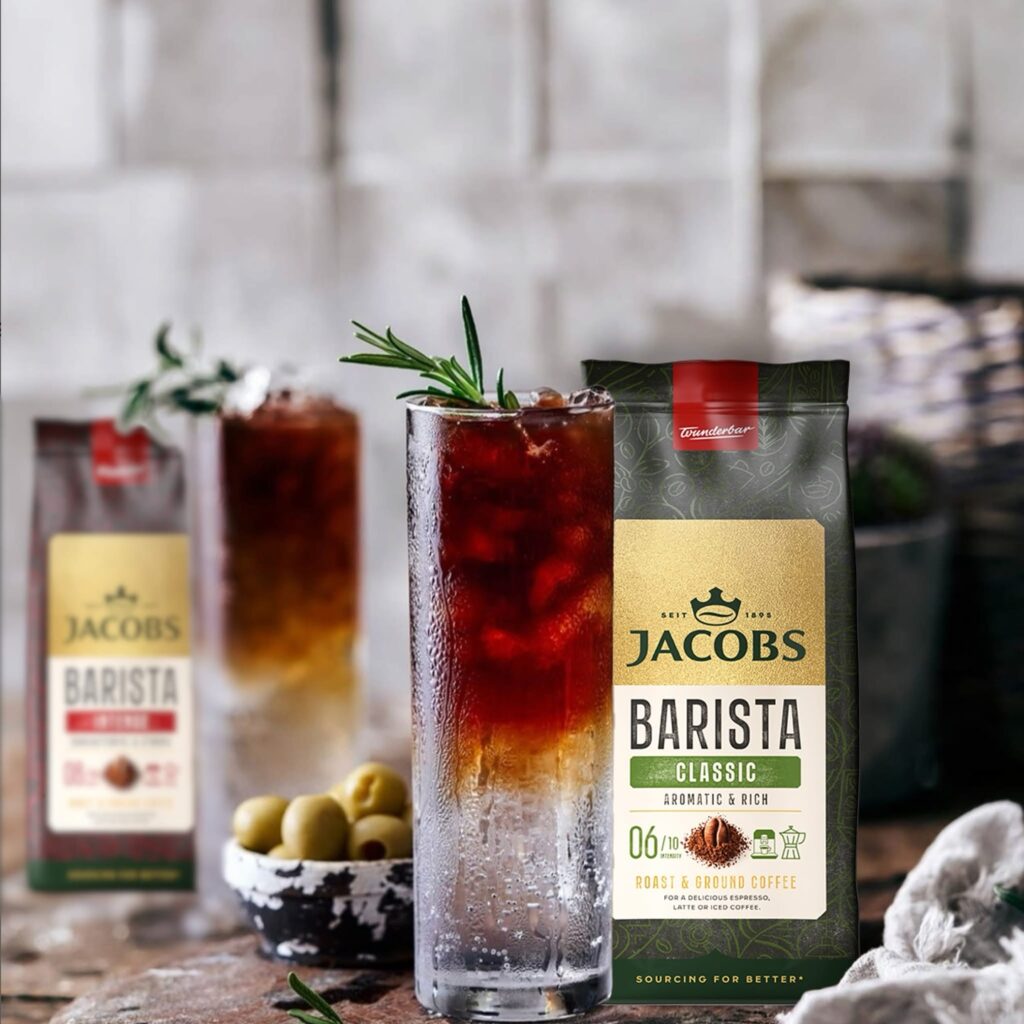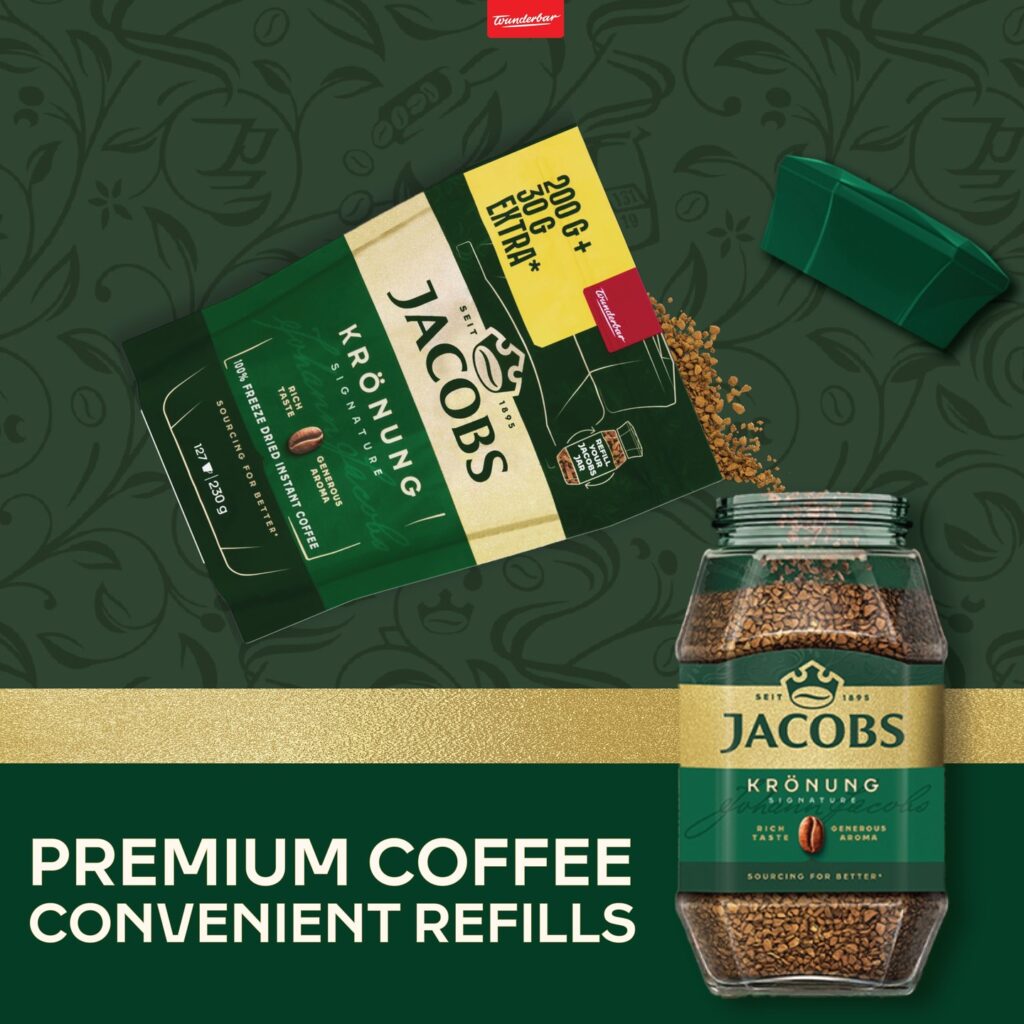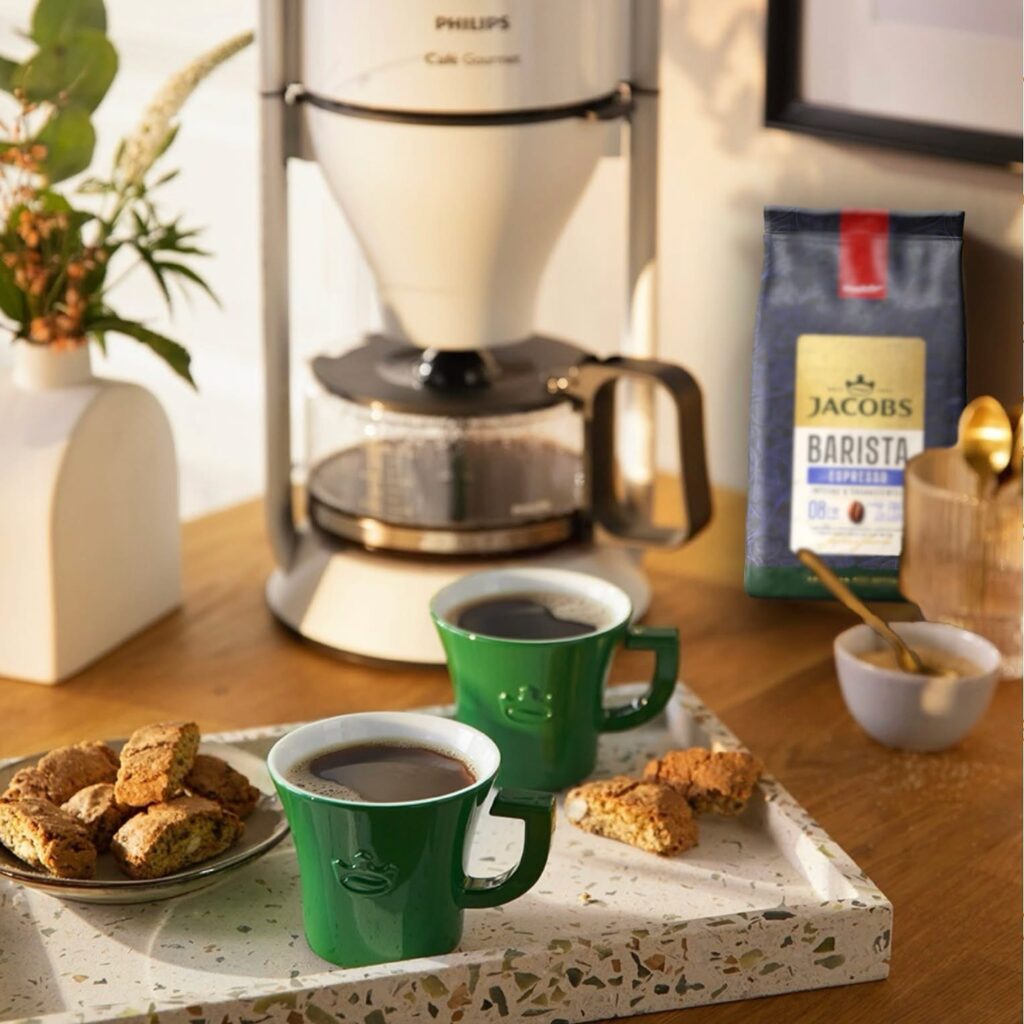How Jacobs Became a Coffee Icon: The Strategies That Set It Apart

How Jacobs Became a Coffee Icon: The Strategies That Set It Apart. In a world where coffee brands are constantly competing for consumer attention, Jacobs has managed to carve out a unique space for itself, evolving from a modest German coffee brand into a globally recognized powerhouse. Its journey is one of authenticity, strategic marketing, resilience, and growth. But what exactly made Jacobs stand out in the crowded coffee market? Let’s break down the brand’s key milestones, the challenges it overcame, and the innovative approaches that fueled its rise.
The Origins: A Vision for Premium Coffee
Jacobs was founded in 1895 by Johann Jacobs in Bremen, Germany. Unlike many coffee brands of the time that focused solely on mass production, Johann had a vision: to provide coffee lovers with a superior taste experience. He believed that coffee was more than just a beverage—it was an emotional experience that could bring people together. This focus on quality and emotional connection became the foundation of Jacobs’ brand identity.
Lesson for Entrepreneurs: Identify what makes your product or service emotionally resonant with your customers. A strong emotional connection can set you apart from competitors.

Differentiation Through Aroma and Branding
One of Jacobs’ most iconic differentiators is its emphasis on “aroma.” The brand has consistently marketed its coffee as the one with the best aroma, which it claims enhances the overall coffee experience. This simple but powerful positioning has helped Jacobs establish a clear and memorable brand identity.
To reinforce this differentiation, Jacobs invested in high-quality packaging and branding. The introduction of its signature gold-green packaging made it instantly recognizable on store shelves. Additionally, the brand’s tagline, “Magic Jacobs Aroma,” reinforced its core value proposition, ensuring that consumers associated it with a sensory coffee experience.
Lesson for Entrepreneurs: A strong brand identity—built on a unique, memorable promise—can give you an edge in a competitive market.
Navigating Challenges and Market Competition
Like any successful brand, Jacobs faced intense competition from global giants such as Nescafé and Lavazza. Instead of competing solely on price, Jacobs doubled down on its premium positioning and focused on customer loyalty. It strategically introduced different coffee variants, including whole beans, instant coffee, and specialty blends, catering to diverse consumer preferences.
Additionally, Jacobs adapted to market shifts by expanding into capsules compatible with coffee machines, tapping into the growing demand for convenient, high-quality coffee at home.
Lesson for Entrepreneurs: Rather than engaging in price wars, focus on value differentiation. Offer multiple product variations to cater to a broader audience while maintaining your brand’s core identity.

Expansion and Global Growth
Jacobs’ success in Germany laid the foundation for its global expansion. The brand strategically entered key markets across Europe, Russia, and beyond. It leveraged partnerships with major retailers and coffee chains to ensure widespread availability, solidifying its position as a household name.
A significant turning point came in 2015 when Jacobs became part of Jacobs Douwe Egberts (JDE), a merger that strengthened its global presence. This move allowed Jacobs to access new distribution channels, expand its product line, and leverage the combined expertise of two coffee powerhouses.
Lesson for Entrepreneurs: Strategic partnerships and mergers can help brands scale faster and enter new markets with greater efficiency.
Innovation in Marketing and Customer Engagement
Jacobs has continuously evolved its marketing strategies to remain relevant in an ever-changing landscape. It has successfully integrated digital marketing campaigns, influencer collaborations, and sustainability initiatives to connect with modern consumers.
For instance, its sustainability efforts—such as responsible sourcing of coffee beans and eco-friendly packaging—have resonated with environmentally conscious consumers. By aligning with social values, Jacobs has strengthened its brand loyalty while contributing to a larger cause.
Lesson for Entrepreneurs: Modern consumers value authenticity and purpose. Incorporating social responsibility into your business strategy can create long-term brand loyalty.
Final Takeaways: What Entrepreneurs Can Learn from Jacobs
The success of Jacobs Coffee isn’t just about great-tasting coffee—it’s about strategic brand positioning, customer-centric innovation, and resilience in the face of competition. Entrepreneurs looking to build a strong brand can take inspiration from Jacobs’ journey:
- Find your unique edge. Whether it’s an emotional connection, a specific product feature, or branding, stand out from the competition.
- Invest in branding. A strong brand identity with consistent messaging helps build long-term recognition and trust.
- Expand smartly. Grow in a way that aligns with your brand’s strengths, leveraging strategic partnerships when necessary.
- Adapt and innovate. Keep up with changing consumer preferences by offering new product variations and embracing digital marketing.
- Align with a greater purpose. Social and environmental responsibility can set you apart and build deeper customer loyalty.

Jacobs’ rise in the coffee industry serves as a powerful case study in brand differentiation. By staying true to its core identity while continuously evolving, it has not only survived but thrived in a fiercely competitive market. Entrepreneurs aiming for long-term success can learn valuable lessons from Jacobs’ approach—because in business, just like in coffee, the right blend makes all the difference.




